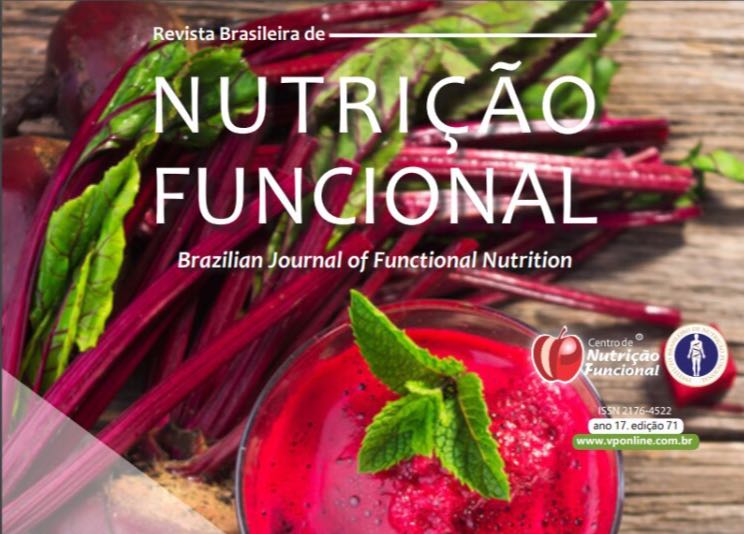-
Agrotóxicos e efeitos à saúde – Artigo 4
Chemical Pesticides and Human Health: The Urgent Need for a New Concept in Agriculture The industrialization of the agricultural sector has increased the chemical burden on natural ecosystems. Pesticides are agrochemicals used in agricultural lands, public health programs, and urban green areas in order to protect plants and humans from various diseases. However, due to their known ability to cause a large number of negative health and ... -
Agrotóxicos e efeitos à saúde – Artigo 1
A Perspective Discussion on Rising Pesticide Levels and Colon Cancer Burden in Brazil Agriculture is a mainstay of many developing countries’ economy, such as Brazil. According to the Food and Agriculture Organization of the United Nations, Brazil is the major global consumer of pesticides. Irrespective of the fact that the International Agency for Research on Cancer suggests that pesticides promote human cancer risk, a prospective ... -
Agrotóxicos e efeitos à saúde – Artigo 11
Factors Affecting Transfer of Pyrethroid Residues from Herbal Teas to Infusion and Influence of Physicochemical Properties of Pesticides The transfer of pesticide residues from herbal teas to their infusion is a subject of particular interest. In this study, a multi-residue analytical method for the determination of pyrethroids (fenpropathrin, beta-cypermethrin, lambda-cyhalothrin, and fenvalerate) in honeysuckle, chrysanthemum, wolfberry, ... -
Agrotóxicos e efeitos à saúde – Artigo 5
CYP polymorphisms and pathological conditions related to chronic exposure to organochlorine pesticides The association between genetic variations in the cytochrome P450 (CYP) family genes and pathological conditions related to long-term exposure to organochlorine compounds (OCs) deserves further elucidation. OCs are persistent organic pollutants with bioaccumulative and lipophilic characteristics. They can act as endocrine disruptors and ... -
Agrotóxicos e efeitos à saúde – Artigo 12
Gestational exposure to endocrine disrupting chemicals in relation to infant birth weight: a Bayesian analysis of the HOME Study Background: Pregnant women are exposed to a mixture of endocrine disrupting chemicals (EDCs). Gestational EDC exposures may be associated with changes in fetal growth that elevates the risk for poor health later in life, but few studies have examined the health effects of simultaneous exposure to multiple chemica... -
Revista Brasileira de Nutrição Funcional – 2017 – edição 71
Baixe a versão parcial da revista. Para baixar a completa, é necessário ser associado. Nesta nova edição, importantes atualizações científicas nas áreas de Nutrição Clínica, Nutrição Esportiva e Fitoterapia contribuirão para a prática clínica de nossos leitores. Em Nutrição Esportiva, uma esclarecedora revisão acerca do papel do nitrato na performance esportiva, proveniente de fontes alimentares ou suplementares, mo... -
Revista Brasileira de Nutrição Funcional – 2017 – edição 71
Nesta nova edição, importantes atualizações científicas nas áreas de Nutrição Clínica, Nutrição Esportiva e Fitoterapia contribuirão para a prática clínica de nossos leitores. Em Nutrição Esportiva, uma esclarecedora revisão acerca do papel do nitrato na performance esportiva, proveniente de fontes alimentares ou suplementares, mostrará ao profissional dessa área que a ação desse componente pode ir além da vasodilat...

